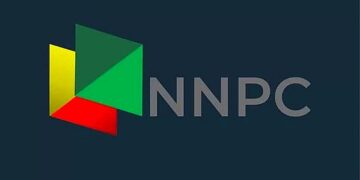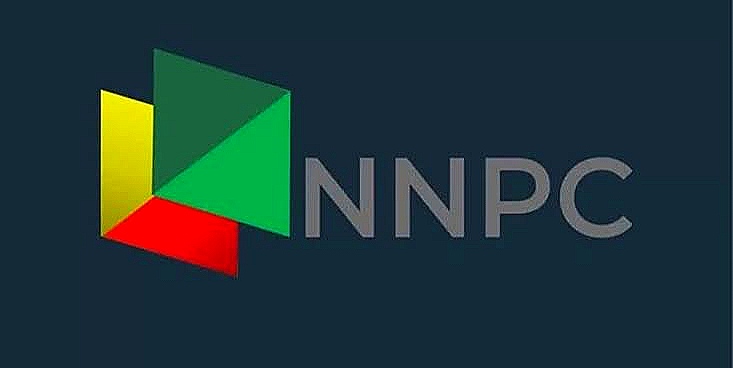By John Ikani
The Nigerian National Petroleum Company Limited (NNPCL) has adopted a new approach for purchasing petrol by cash tenders instead of oil swaps, marking a significant shift after nearly a decade, as per insider sources cited by Reuters.
Meanwhile, the Nigerian Upstream Regulatory Commission (NUPRC), led by Gbenga Komolafe, has introduced a digital platform to address recurring disputes between the oil and gas industry operators and their host communities.
In a bid to foster better relations with host communities, Shell Petroleum Development Company Limited (SPDC) has disbursed N3.72 billion and an additional $12.32 million (N9.48 billion) for community development in accordance with the Petroleum Industry Act (PIA).
NNPCL recently concluded its latest petrol procurement tender for November delivery. It has been revealed that NNPCL will settle its outstanding debts from the long-standing oil swaps by the end of the upcoming month.
This transition is part of President Bola Tinubu’s broader reform efforts to eliminate costly fuel subsidies and stabilize Nigeria’s fiscal situation.
In the previous year, NNPCL faced challenges in remitting funds to the government, even as oil prices surged, as all available crude oil was committed to oil-for-fuel swaps.
NNPCL’s outstanding debts to traders, valued at up to $3 billion worth of crude oil this year, are expected to be cleared in November.
President Tinubu’s reforms, initiated in May, resulted in a significant increase in petrol prices and a reduction in cross-border smuggling, which used to divert significant quantities of petrol from Nigeria to neighbouring countries with higher pump prices.
Despite being a major oil producer in Africa, Nigeria has limited refining capacity and heavily depends on fuel imports to meet the energy needs of its 200 million population.
Despite these reforms, NNPCL remains the primary petrol importer due to ongoing foreign exchange shortages and a price cap that makes it difficult for private importers to operate profitably in the fuel importation sector.




































